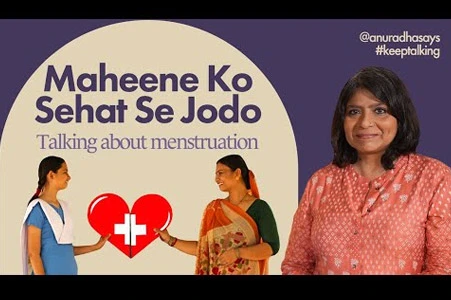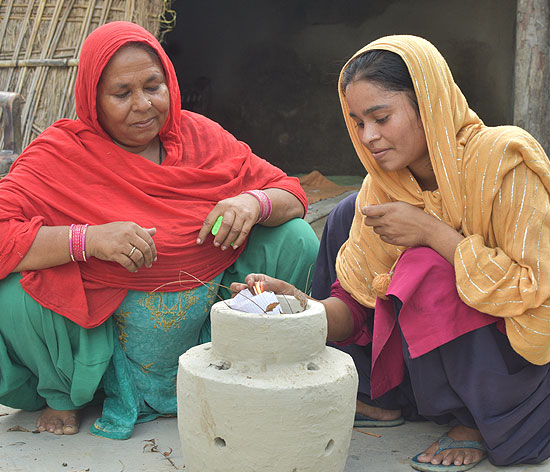Menstrual Hygiene Management Phase 2
Menstruation is a normal biological phenomenon. However, various socio-cultural and infrastructural barriers limit the ability of girls and women to practice safe and effective menstrual hygiene management (MHM). This, in turn, makes them susceptible to adverse health conditions including urinary tract infections1 (UTIs), psycho-social stress, and gender-based violence. It also contributes to higher absenteeism from school and the workplace.
To develop a holistic MHM programme, it is important to understand the current knowledge, attitudes and practices related to menstruation with regard to the myths and misconceptions, and the access, use, and disposal of products by women, and their influencers. It is also necessary to have access to different types of products and infrastructure, i.e., absorbent products, MHM-friendly WaSH (water, sanitation and hygiene) facilities, and appropriate waste management infrastructure. Finally, it is important to understand trends in the industry, how it responds to the needs of girls and women, as well as the barriers to accessing community or institutional infrastructure.
As a part of its integrated approach to WaSH, the Trusts designed and implemented a multi-state programme to address the issue of poor MHM and its impact on the overall well-being of women and adolescent girls. The programme’s first phase (2017-2022) was launched in Maharashtra, Assam, and Uttar Pradesh.
Building on the learnings from the first phase, the Trusts are scaling up the MHM programme in Jharkhand, Andhra Pradesh, Gujarat, Rajasthan, Assam, Uttar Pradesh and Maharashtra in an integrated manner by influencing state-level policy.
The second phase of the project aims to scale up the interventions to promote safe and sustainable MHM practices among women and adolescent girls. It was observed that due to poor knowledge and access to information, women and adolescent girls don’t report infections to ASHA health workers or primary healthcare centres. Women also feel uncomfortable about discussing menstruation-related issues with their family members and largely neglect the issue. Therefore, this phase of the programme will focus on breaking the silence around social taboos associated with menstruation by mobilising men, boys, community leaders, teachers, and healthcare workers to build supportive environments where menstruators can advocate for their needs and reclaim agency over their bodies.
In addition, the project aims to reduce gender inequality in marginalised communities. Based on the learnings of earlier interventions, phase two will focus on enhancing health-seeking behavior among the target groups, and in turn, increase the reporting of UTIs to local PHCs.
Since, there is no nodal department responsible for addressing menstruation-related issues, the project will focus on engaging with government departments, specifically those responsible for health and education, to promote integration, awareness, and greater access to improved absorbents for women and adolescent girls.
In a nutshell, the programme will:
- increase awareness, adoption, and the sustained practice of safe and hygienic MHM behaviours;
- improve awareness around women’s ailments like UTIs that arise from poor menstrual hygiene practices and encourage healthcare-seeking behaviours;
- promote a conducive home environment, free from myths and erroneous beliefs around menstruation;
- build the capacity of women’s self-help groups (SHGs) and social entrepreneurs to produce and supply hygienic, reusable and environmental-friendly MHM absorbents; and
- encourage women and adolescent girls to practice the safe disposal of used sanitary absorbents with privacy and dignity.


